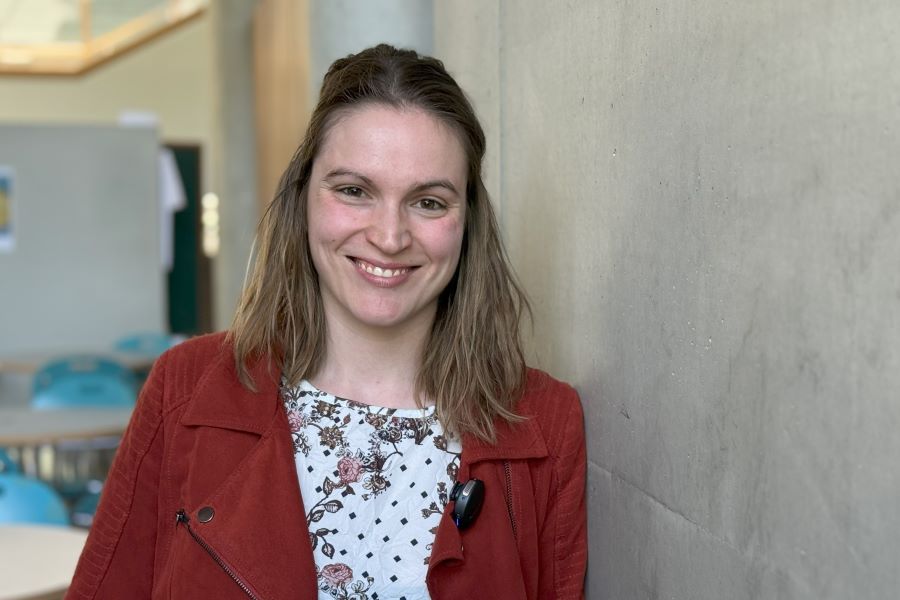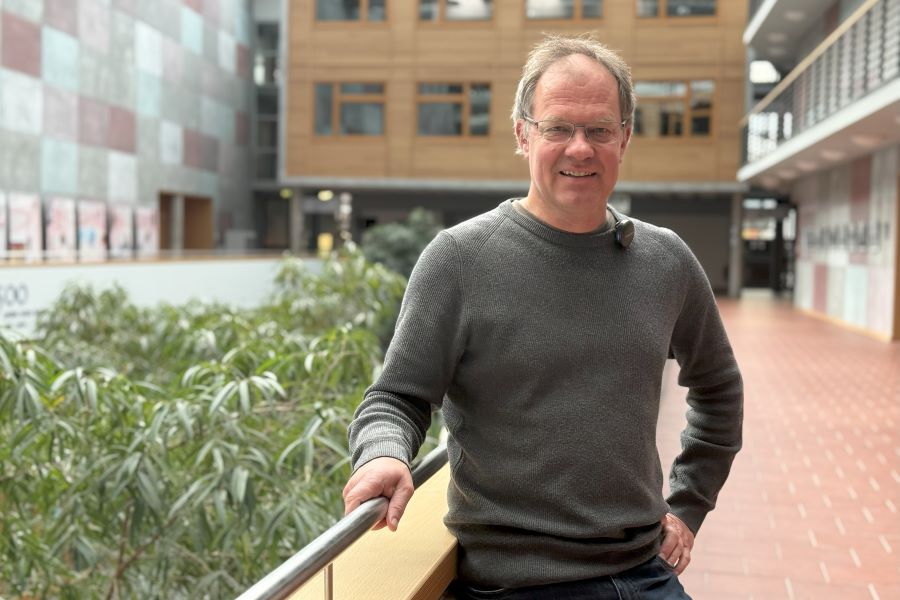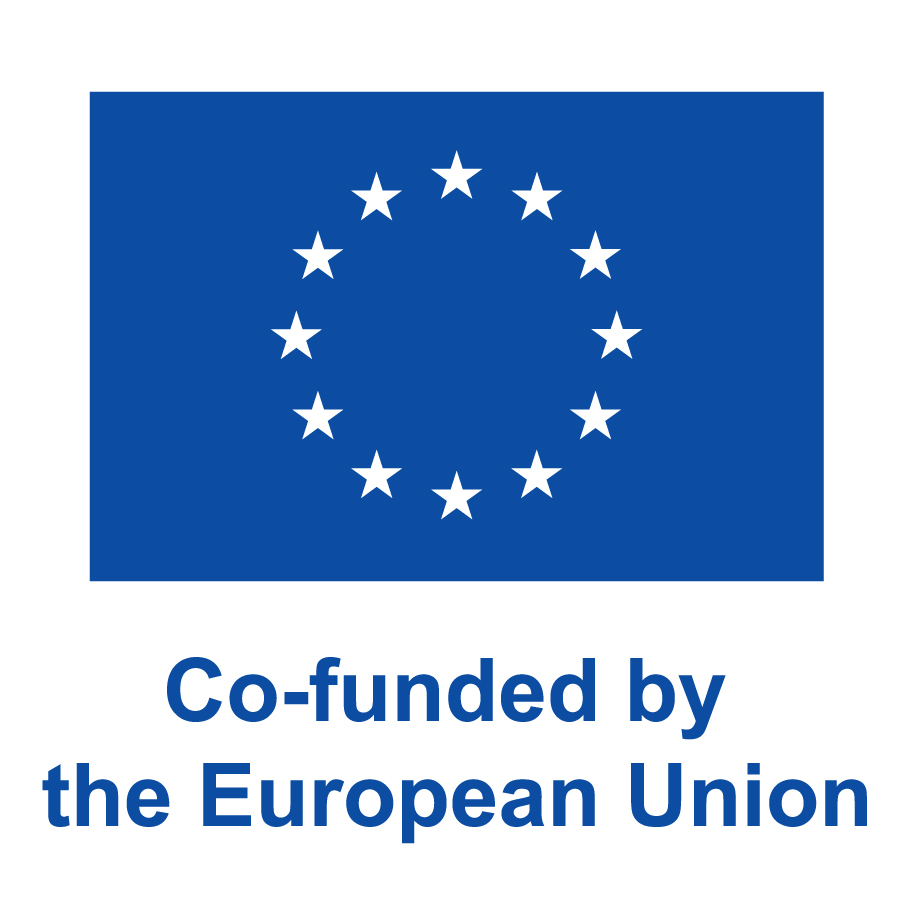When students become counsellors - ValEUs network publishes Young Generation Policy Briefs
Instead of writing long seminar papers for the professor's desk, Prof. Dr Timm Beichelt's students write short, practical and pointed analyses with recommendations for action - so-called policy briefs. As part of the Viadrina-led ValEUs research and education network, which examines the foreign policy of the European Union and its contested values, students have so far presented analyses on Albania's migration policy, the EU's migration agreement with Tunisia and the rule of law in Serbia.
"The biggest challenge is to reach people who aren't really interested in politics and don't know that much. Motivating them to read my article is the challenge," says Katrin Kehn, author of the first student Young Generation Policy Brief entitled "Meloni's Albania model - New strategy or minefield?". In it, she explores the question of whether the Italian government's so-called Albania model - meaning outsourcing decisions on asylum issues to non-EU countries - can be a role model or should instead be banned. "This topic is so interesting for me because the right to asylum is at stake," says Katrin Kehn, explaining her choice of topic. She is studying for a Master of European Studies (MES) at Viadrina with the aim of working across borders. In her opinion, finding answers to migration issues is one of the key tasks for the EU states.

"Young people have values, old people have values. Standing up for these values is only natural. And why should the values of students be less valid than those of professors?" asks political scientist Prof Dr Timm Beichelt, explaining his reason for introducing the Young Generation Policy Briefs. In these texts, the students reflect on the values of the EU and provide recommendations for action for political decision-makers based on current challenges - a text form that takes some getting used to for most people.

"The format was not so clear to me; even very simple questions, such as how to formally handle the footnotes. I also found it challenging to develop my own opinion on the subject," says Katrin Kehn, describing the initial difficulties. For Timm Beichelt, it is precisely this struggle with the text that is important. He considers traditional term papers to be increasingly outdated - especially in light of the development of AI writing programmes: "Education today is not so much a question of writing, but of thinking about arguments: Which are convincing, which are not, what should I focus on? Artificial intelligence is not yet fit for these questions." In addition, the role of students is changing. Instead of perceiving them just as older pupils, it is necessary to see them in terms of their involvement in civil society and tasks beyond the university. "In this sense, it is much more appropriate for them to write not just for their professor, but for a wider audience," says Beichelt. He is convinced that this provides additional expertise and is also more fun.
What do the ValEUs policy briefs mean?
Katrin Kehn also hopes to counter disinformation with the policy briefs. "Many young people don't have the time or motivation to read long books; they want information as quickly and accurately as possible. Our papers achiev that: The content and language are not too complicated," she is convinced.
The opening texts by Viadrina students will be followed by further texts by students from the Universidad del Norte in Colombia, among others. The series is supported by the Europäische Akademie Berlin. Its director, Dr Christian Johann, says of the collaboration: "In our house for European encounters, we don't wait for the perfect moment - we create it. Together with the Viadrina, we transform the analyses of the young generation into tangible impulses for Europe."
Information about ValEUs
 As an overarching research initiative under the leadership of the Europa Universität Viadrina, the project "ValEUs. Research & Education Network on Contestations to EU Foreign Policy" is dedicated to the current challenges facing the European Union and analyses possible counter-strategies.
As an overarching research initiative under the leadership of the Europa Universität Viadrina, the project "ValEUs. Research & Education Network on Contestations to EU Foreign Policy" is dedicated to the current challenges facing the European Union and analyses possible counter-strategies.
The Jean Monnet Network has been funded by the EU Commission for three years with 1.2 million Euros as part of the Erasmus+ funding programme since January 2024. The project involves 20 partner institutions from 17 countries on five continents and is led by Professor Dr Timm Beichelt, holder of the Viadrina Professorship for European Studies.
Translated by DeepL and edited
Back to the news portal
Share article: